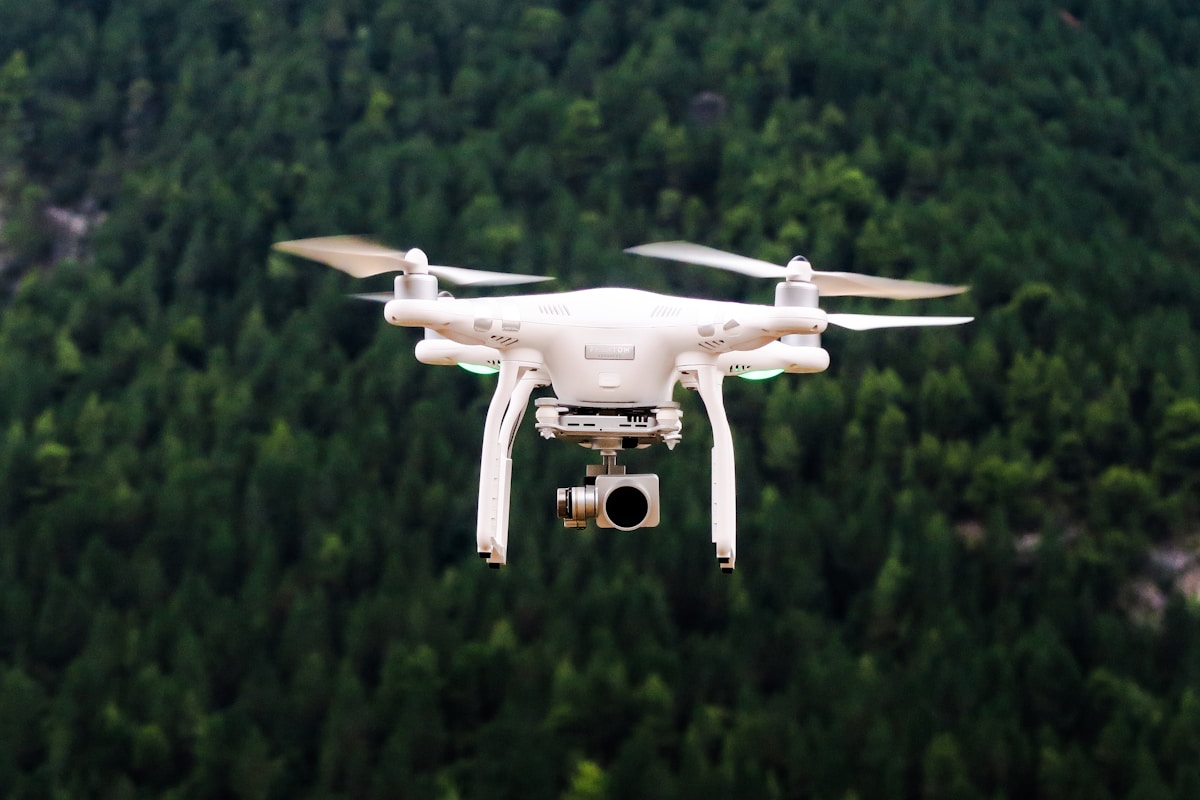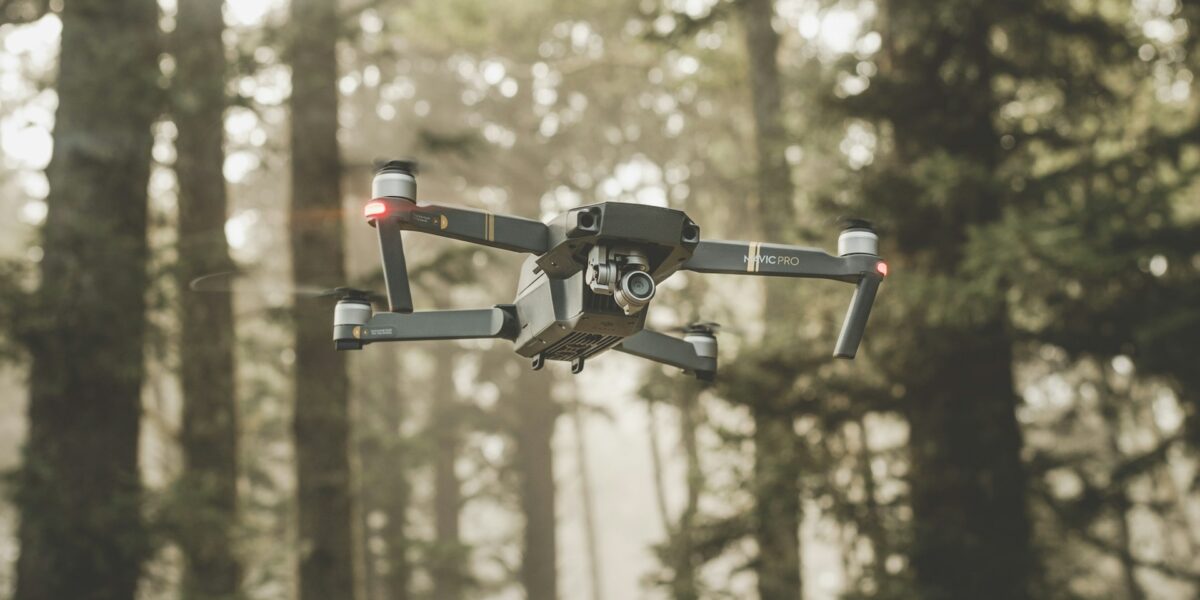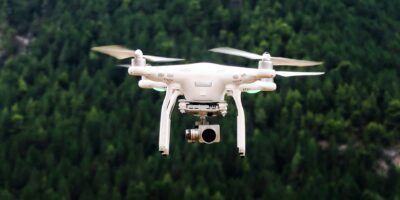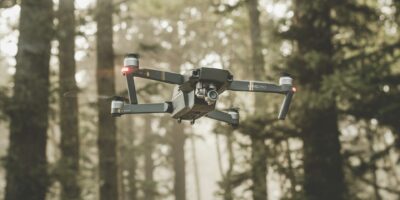Drone Surveys Near Me
The popularity of drone surveys has risen significantly with advancements in technology. These aerial methods offer quick, accurate, and cost-effective options for various industries. This article explores the uses, benefits, and considerations of drone surveys.

Uses of Drone Surveys
Drone surveys cater to a wide range of applications:
- Construction: Drones are used for site assessments, volume measurements, and monitoring progress. They provide up-to-date aerial images and 3D models.
- Agriculture: Farmers employ drones to monitor crop health, analyze soil, and optimize field management. They utilize multispectral sensors for detailed insights.
- Real Estate: Drone surveys offer dynamic visuals for property listings. They help in showcasing properties from unique angles, attracting potential buyers.
- Environmental Surveys: They help in tracking wildlife, assessing deforestation, and studying ecosystems. Environmental agencies use them for conservation efforts.
- Infrastructure Inspection: They assist in inspecting power lines, bridges, and railways. This reduces risk and improves efficiency.
Benefits of Drone Surveys
Drone surveys provide several advantages:
- Cost-Effective: Reduces the need for manned aerial vehicles and extensive labor. Saves time and money.
- Speed: Rapid deployment and data collection. Ideal for time-sensitive projects.
- Accuracy: High-resolution cameras and advanced sensors ensure precise data. Enhances the quality of analysis and decision-making.
- Accessibility: Drones reach hard-to-access areas. Useful for surveying steep terrains and hazardous zones.
- Safety: Limits the exposure of personnel to dangerous conditions. Opimizes safety protocols.
Considerations for Drone Surveys
Before conducting a drone survey, consider the following:
- Regulations: Be aware of local drone regulations. Obtain necessary permits and follow guidelines set by aviation authorities.
- Weather Conditions: Weather impacts drone operations. Avoid flying in high winds, rain, or poor visibility.
- Equipment: Select drones with suitable cameras and sensors for your project. Ensure batteries are charged and systems are functioning properly.
- Operator Skill: A skilled drone operator is crucial. Look for certified professionals with experience in your industry.
- Data Management: Plan for data storage, processing, and analysis. Invest in software that can handle large datasets.
Finding Drone Survey Services Near You
To find reliable drone survey services in your area:
- Online Search: Use search engines to find local providers. Look for reviews and ratings.
- Industry Networks: Connect with industry associations and forums. Get recommendations from peers.
- Service Directories: Browse online directories that list drone service providers. Compare services and prices.
- Social Media: Use platforms like LinkedIn and Twitter to find qualified operators. Follow industry hashtags for the latest trends.
- Events and Exhibitions: Attend industry events to network with providers. Get firsthand information about their capabilities.
Evaluating Drone Survey Providers
When choosing a drone survey provider, evaluate the following:
- Experience: Check their track record in your specific industry. Ask for case studies or references.
- Technology: Ensure they use the latest equipment and software. Verify their capability to provide the needed services.
- Compliance: Confirm they adhere to local regulations and safety standards. Review their certifications.
- Customer Service: Assess their responsiveness and communication. Must be able to address your concerns promptly.
- Cost: Compare quotes from multiple providers. Balance cost with quality and reliability.
Maximizing the Benefits of Drone Surveys
Implement these best practices to maximize the benefits of drone surveys:
- Clear Objectives: Define your goals clearly. Align the drone survey to meet these objectives.
- Pre-Flight Planning: Conduct thorough pre-flight planning. Ensure flight paths are optimized for data collection.
- Regular Updates: Perform regular surveys for ongoing projects. Keep your data current for better decision-making.
- Data Integration: Integrate drone data with other datasets. Provides a comprehensive view for analysis.
- Continuous Learning: Stay updated with drone technology advancements. Continuously improve your survey processes.



